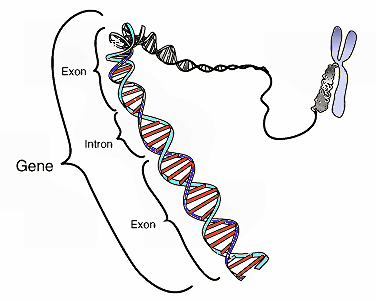Researchers discover ten new lupus genes in Asian population study

An international coalition of researchers led by Oklahoma Medical Research Foundation scientist Swapan Nath, Ph.D., has identified 10 new genes associated with the autoimmune disease lupus. The findings were published in the Jan. 25, 2016 issue of Nature Genetics.
Nath and his colleagues analyzed more than17,000 human DNA samples collected from blood gathered from volunteers in four countries: South Korea, China, Malaysia and Japan. Of those samples, nearly 4,500 had confirmed cases of lupus, while the rest served as healthy controls for the research.
From that analysis, the researchers identified 10 distinct DNA sequence variants linked to lupus, a debilitating chronic autoimmune disease where the body's immune system becomes unbalanced and attacks its own tissues. It can result in damage to many different body systems, including the joints, skin, kidneys, heart and lungs. More than 16,000 people are diagnosed with lupus in the U.S. each year, and it affects as many as 1.5 million Americans and 5 million people worldwide, according to the Lupus Foundation of America.
"We know lupus has a strong genetic basis, but in order to better treat the disease we have to identify those genes," said Nath, a member of OMRF's Arthritis and Clinical Immunology Research Program. "Large-scale studies of this magnitude are becoming the gold standard for locating genes associated with autoimmune diseases like lupus."
Thirty-seven researchers from 23 institutes, hospitals and universities in the United States, Malaysia, Korea, China and Japan took part in Nath's study.
"These findings mark a significant advance in our knowledge base for lupus genes," said Judith James, M.D., Ph.D., director of OMRF's Autoimmune Disease Institute and Arthritis and Clinical Immunology Research Program chair. "For every gene we identify, it brings us closer to uncovering the trigger for this puzzling disease. It's good news for researchers and patients alike."
In the study, one gene in particular, known as GTF2I, showed a high likelihood of being involved in the development of lupus. "GTF2I seems to be one of the key players in lupus susceptibility," said Nath. "Its genetic effect appears to be higher than previously known lupus genes discovered from Asians, and we surmise that it now may be the predominant gene involved in lupus."
With these new genes identified, Nath and his colleagues can try to pinpoint where defects occur and whether those mutations contribute to the onset of lupus pathogenesis. Nath said that understanding where and how the defects arise will allow scientists to develop more effective therapies specifically targeting those genes.
The ultimate goal, said Nath, is to understand the disease better and develop personalized intervention therapies for patients based on their genetic makeup. "We are a long way from that point, but huge collaborative efforts like this help to get things going."
More information: High-density genotyping of immune-related loci identifies new SLE risk variants in individuals with Asian ancestry, DOI: 10.1038/ng.3496

















